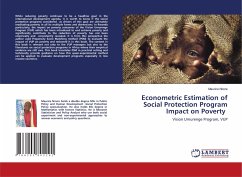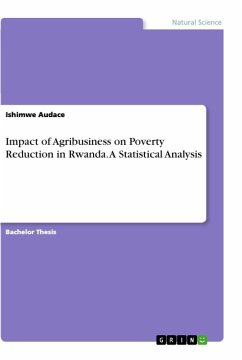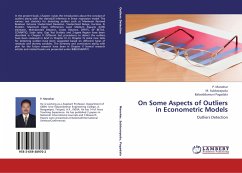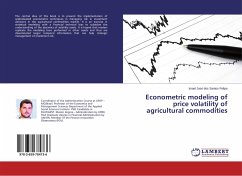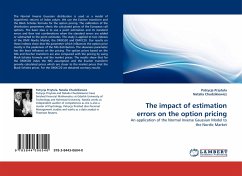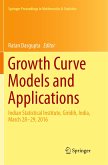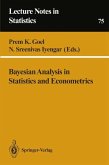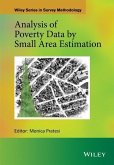While reducing poverty continues to be a headline goal in the international development agenda, it is worth to know if the social protection programs considered as drivers of this goal are ultimately eradicating poverty in all its multiple forms and dimensions. In Rwanda particularly, the impact on poverty outcomes of the Vision Umurenge Program (VUP) which has been introduced to end extreme poverty and significantly contribute to the reduction of poverty has not been empirically and consistently revealed. It is from this perspective the author used Propensity Score Matching method (PSM) to evaluate the impact of VUP on poverty and reckoned it in this book. The content in this book is relevant not only to the VUP managers but also to the literatures on social protection programs in Africa where their empirical evidence are still rare. This book translates PSM in practical setting and technically provide guidance on how this quasi-experimental method can be applied to evaluate development programs especially in low income countries.
Hinweis: Dieser Artikel kann nur an eine deutsche Lieferadresse ausgeliefert werden.
Hinweis: Dieser Artikel kann nur an eine deutsche Lieferadresse ausgeliefert werden.

